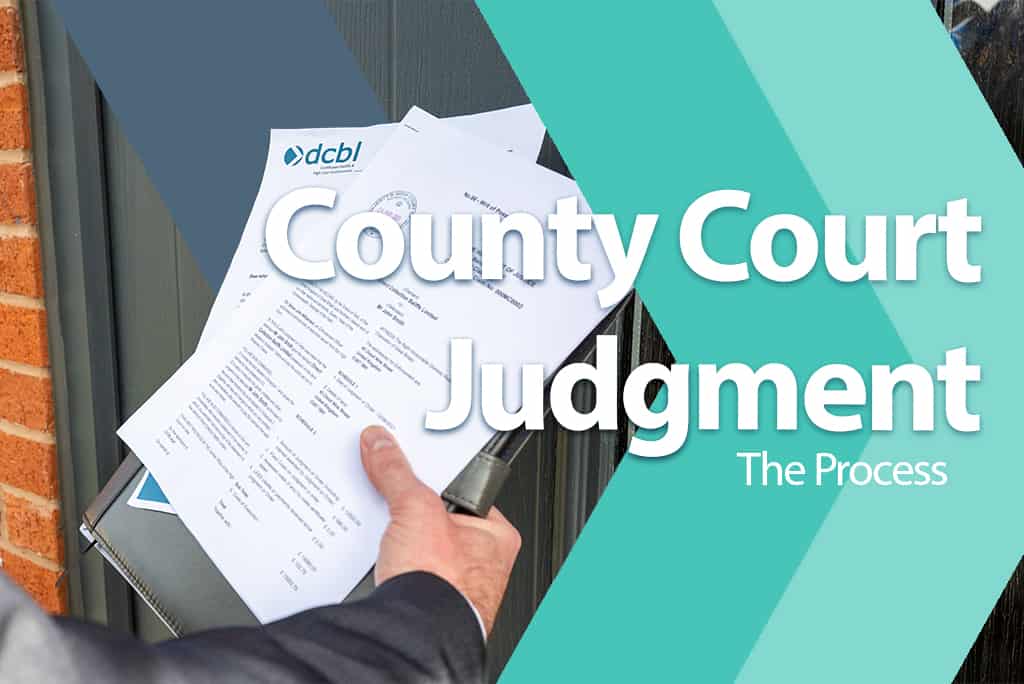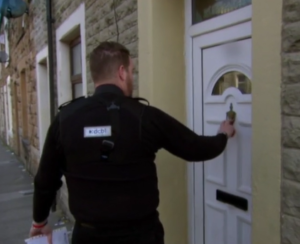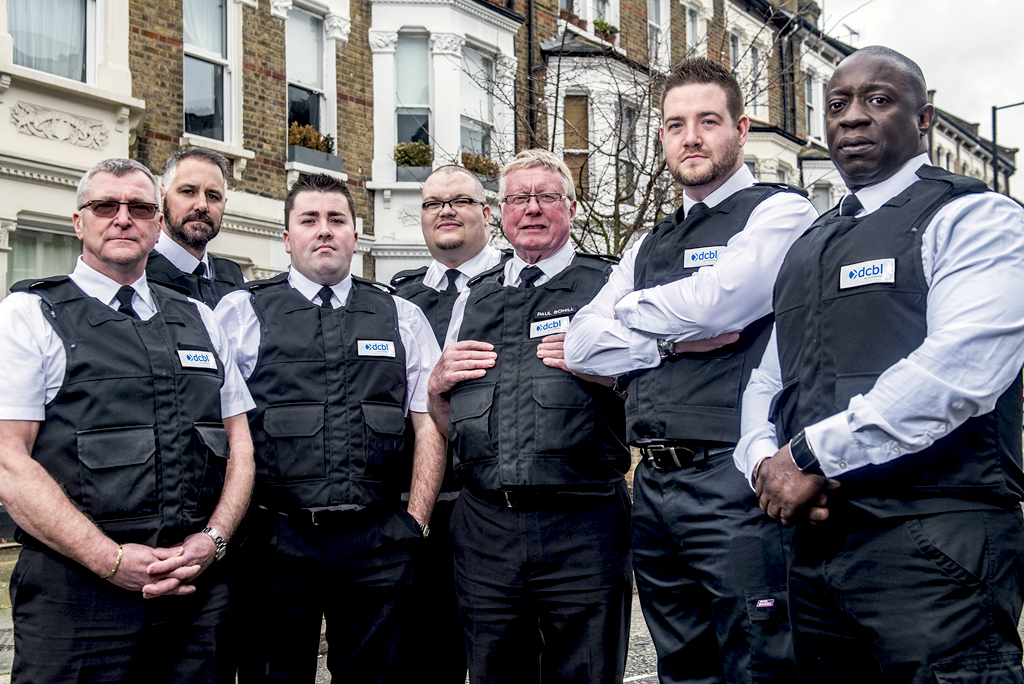
CCJ Enforcement – County Court Judgment Best Practice
25th June 2021
Do you have an unpaid CCJ? Are you looking to undertake CCJ enforcement on someone that owes money? Knowing how to enforce a CCJ can be hard to understand due to the many different terms and jargon associated with them.
CCJ Enforcement – Contents
- What Is a County Court Judgment? – CCJ Explained
- I Need CCJ Enforcement – How to Apply for a CCJ?
- How Long Does the County Court Judgment Process Last?
- Choose DCBL for CCJ Enforcement
We know how frustrating it can feel trying to get someone to pay the debt that rightfully belongs in your bank account.
There is a lot to consider when it comes to enforcing a County Court Judgment. High Court Enforcement Procedures
This guide outlines the county court judgment process and how to successfully carry out CCJ enforcement through debt recovery.
What Is a County Court Judgment? – CCJ Explained
A County Court Judgment (CCJ) is a court order that is registered against an individual or company if they owe money.
CCJ enforcement is issued by the court, if they agree that the person in question owes money based on evidence provided to them.
Once a CCJ is received, the debtor has two weeks to respond, or else this could lead to further costs.
If the debtor refuses to pay then the payment could be enforced by High Court Enforcement, such as DCBL agents, to ensure the full amount is recovered.
I Need CCJ Enforcement – How to Apply for a CCJ?
If an individual or a company owes you money, then you can issue a County Court claim to retrieve finances. You will need to submit a form to the County Court in order to start your claim. Once your claim has been filed, the debtor will have 14 days to respond.
Within this time, they can either accept the claim, reject it or ask for more time to prepare their defence.
Has the debtor refused to pay after a CCJ has been issued? If the answer is yes, you may need to attend a court hearing.
How is the debtor notified about CCJ Enforcement?
In order to enforce a judgment, the court will first send this via post to the debtor’s registered home address. Inside the letter, the following steps will be explained:
- The purpose of the letter i.e. why the judgment has been sent
- The total amount of debt that the recipient owes
- Full instructions on how the debt can be paid
- The deadline for the payment of the debt
- What happens if payment is not made by the deadline
How Long Does the County Court Judgment Process Last?
If the debtor does not pay the CCJ in full within 30 days then this will last for 6 years.
Even if the payment is made after the 30-day period, the CCJ on your credit file will still remain.
This can dramatically impact the decisions that banks, loan companies and mortgage brokers have in deciding whether to give the debtor a credit loan.
Credit check companies often search to see if individuals have a County Court judgment against them. An unpaid CCJ can negatively impact an overall credit score.
However, should the debtor settle the outstanding monies within 30 days, they will be wiped from their company credit report.
In these circumstances, it is in the best interest of the debtor to pay it off as quickly as possible to prevent further financial penalties.
It is important to remember that when considering CCJ enforcement, debt collection may always not be successful as debtors can still choose to ignore the court orders.
How to Enforce a CCJ – County Court Judgment Process
If you have a financial claim worth under £600 then a “Warrant of Execution” will be issued to the debtor. This means that they have up to 7 days to pay outstanding fees. Should they fail to do this, then County Court bailiffs will be sent in order to collect payment.
If your County Court Judgment exceeds the value of £600 then DCBL’s team of high enforcement experts can help you.
Unpaid CCJ debts of over £600 (including court fees) will be processed by a judge who will then issue a “High Court Writ of Control”.
Once the debtor receives the Writ, they will be given seven days before High Court Enforcement Officers (HCEO) can visit. During this time, the debtor can make the payment and avoid the visit.
If the payment isn’t made within those 7 days, then the HCEO will visit the debtor at their home or business and demand immediate payment.
If by this point the debtor can’t or won’t pay, High Court Enforcement Officers will have the authority to remove goods from the premises. These goods will be sold at auction in order to pay the outstanding balance.
If the debtor is a business, examples of company assets that can be seized include vehicles, machinery, stock, and furniture.
When processed, a High Court Writ will usually last 12 months. It is more than likely that visits will proceed sooner rather than later.
Choose DCBL for CCJ Enforcement
DCBL has over 20 years of experience when it comes to CCJ enforcement and navigating the county court judgment process as a whole.
Our main priority is helping you get back what is rightfully yours as quickly and efficiently as possible.
Following our three-step process makes our job helping you easier.
- Instruct us with details of your judgment
- DCBL will transfer your judgment to the High Court
- Our team of expert High Court Enforcement Officers will recover the debt owed to you
We settle cases as soon as possible by using up-to-date trace, financial and address verification data, meaning we can locate debtors within no time.

We operate a “no hidden fees” approach, meaning that we are completely transparent about what you’ll pay, no matter how small fees may be. Statutory enforcement fees are added to the Judgment debt, meaning that the debtor will pay these.
DCBL has over 75 years of collective experience in High Court Enforcement. Through our sister company, DCB Legal we provide excellent legal service, and our experienced back-office team can assist you in taking appropriate court actions.
If the following applies to you, complete an instruction form today and we can begin the process of retrieving what is rightfully yours.
- You have an unpaid County Court Judgment (CCJ)
- The value of your County Court Judgment is over £600 (this is including your court costs)
- The Judgment is less than 6 years old









